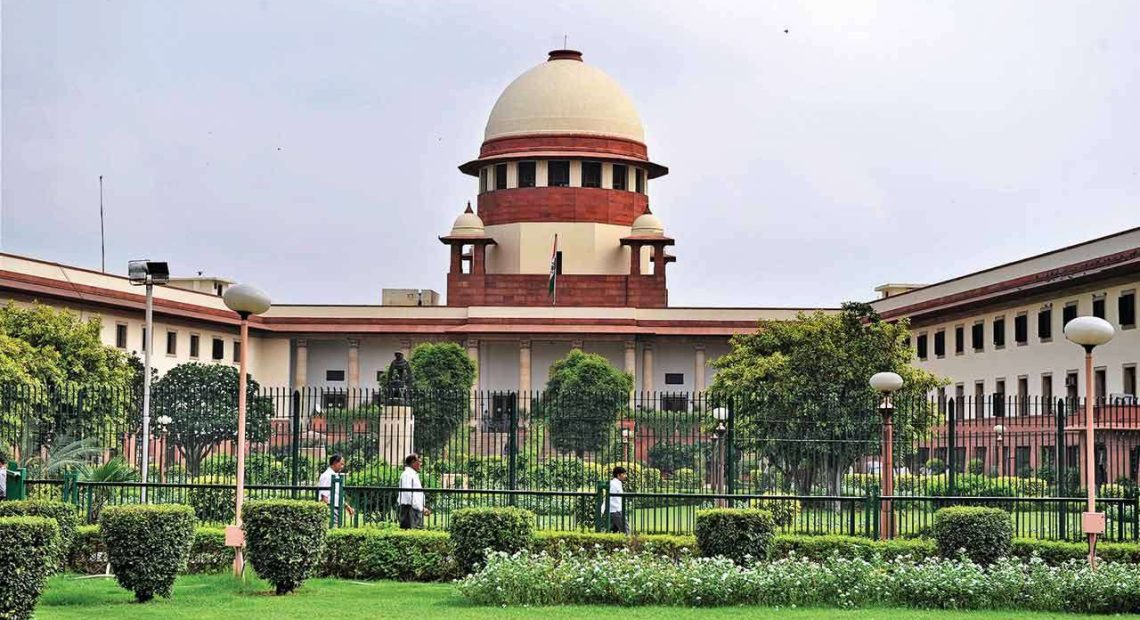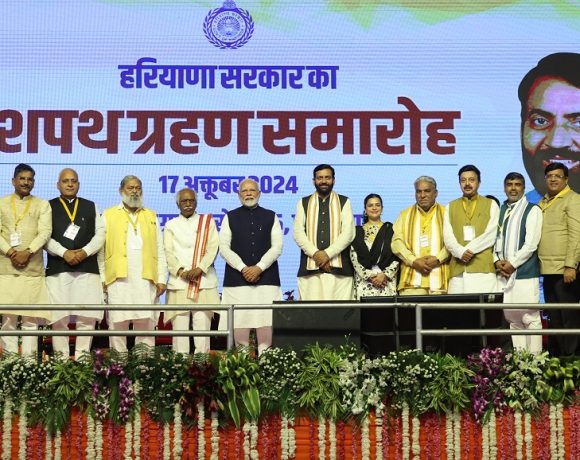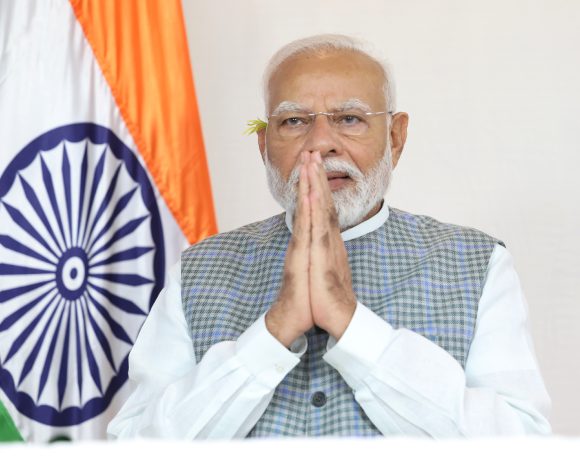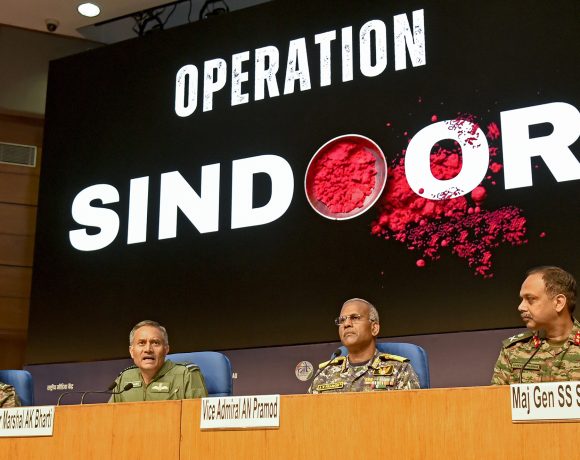
SC Questions Army on Fewer JAG Posts for Women, Reserves Verdict
The Supreme Court of India has reserved its judgment in a petition challenging the gender imbalance in the Indian Army’s Judge Advocate General (JAG) branch recruitment process. The case was brought forward by two women candidates who highlighted that despite having higher merit ranks than some selected male candidates, only three positions were allocated for women, while six were allotted for men under the 31st JAG Entry Scheme.
The petition raised serious concerns over discriminatory vacancy distribution based on gender, rather than merit. It sparked a larger debate about the inclusion and representation of women in India’s military legal branch.
“If a Lady Can Fly a Rafale, Why Not More in JAG?” Asks SC
A bench comprising Justice Dipankar Datta and Justice Manmohan questioned the Army’s rationale behind the unequal allocation. During the hearing, Justice Datta made a pointed observation:
“If a lady can fly a Rafale in the Air Force, why is it difficult for the Army to have more women in the JAG branch?”
The Court’s remarks echoed a broader call for gender parity across the armed forces, reinforcing the need for an inclusive recruitment policy based on qualifications, not gender.
Interim Relief Granted, Clarity Sought on Petitioner’s Status
In a significant interim relief, the Court ordered the induction of one of the petitioners, Arshnoor Kaur, into the next available training batch for JAG officers. The other petitioner had joined the Indian Navy during the pendency of the case. The Court has requested clarification on whether she intends to continue with the Navy or pursue the JAG post should the verdict be in her favor.
A Larger Push for Gender Equity in Armed Forces
This case adds to the growing discourse around women’s roles in India’s defence services. While the Air Force has inducted women into combat and flying roles, questions remain about parity in other branches such as the Army’s legal corps.
The Supreme Court’s intervention reflects a shift toward more equitable military service structures and raises expectations that future recruitment policies will prioritize merit, capability, and fairness over outdated gender norms.


















